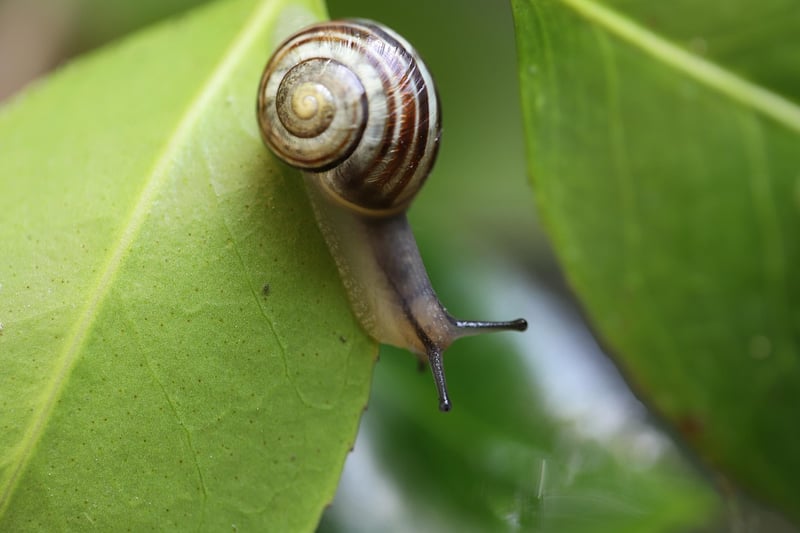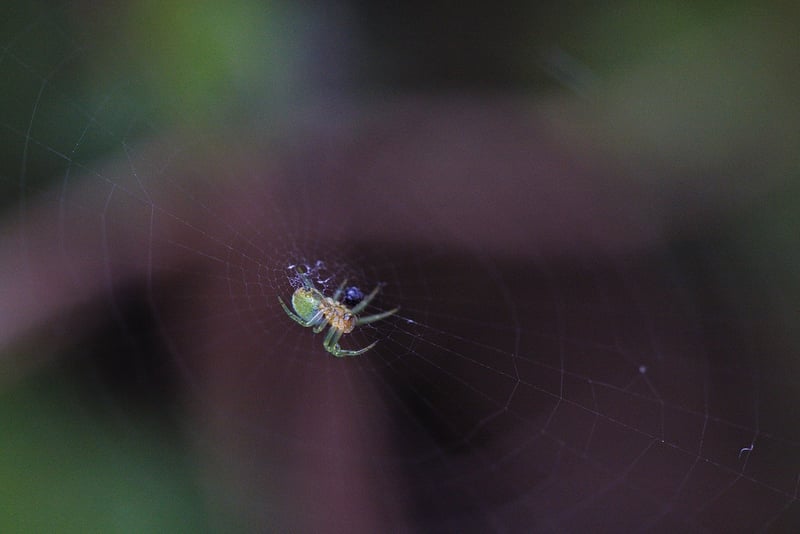Prevention Techniques
Dealing with Garden Pests: Prevention Techniques and Solutions
Introduction
Gardening is a rewarding and enjoyable hobby, but it comes with its fair share of challenges, one of the most common being garden pests. These pesky intruders can wreak havoc on your plants, leaving you frustrated and your garden in disarray. However, with the right prevention techniques and solutions, you can effectively deal with garden pests and protect your plants.
Identifying Common Garden Pests
Before you can effectively tackle garden pests, it's important to know what you're dealing with. Some common garden pests include aphids, slugs, snails, caterpillars, and spider mites. By identifying the specific pests in your garden, you can choose the most appropriate methods for control.
Prevention Techniques
1. Maintain Garden Hygiene
Keep your garden clean and tidy by removing weeds, fallen leaves, and debris regularly. Pests often thrive in unkempt areas, so maintaining good garden hygiene can help deter them.
2. Use Natural Predators
Introduce beneficial insects like ladybugs, lacewings, and praying mantises to your garden. These natural predators feed on common garden pests and can help keep their populations in check.
3. Implement Crop Rotation
Rotate your crops each season to prevent pests from building up in the soil. Different plants attract different pests, so rotating crops can disrupt pest life cycles and reduce infestations.
Solutions for Controlling Pests
1. Neem Oil
Neem oil is a natural insecticide that can effectively control a wide range of garden pests. Dilute neem oil in water and spray it on affected plants to repel and kill pests.
2. Diatomaceous Earth
Diatomaceous earth is a powdery substance made from fossilized algae. Sprinkle it around plants to create a barrier that damages the exoskeletons of insects like slugs and beetles.
3. Homemade Insecticidal Soap
Mix liquid soap with water to create a homemade insecticidal soap that can suffocate soft-bodied pests like aphids and spider mites. Spray it on plants early in the morning or late in the evening for best results.
Conclusion
Dealing with garden pests can be challenging, but with the right prevention techniques and solutions, you can protect your plants and enjoy a thriving garden. By identifying common pests, implementing preventive measures, and using natural remedies, you can effectively control garden pests and maintain a healthy garden environment.


